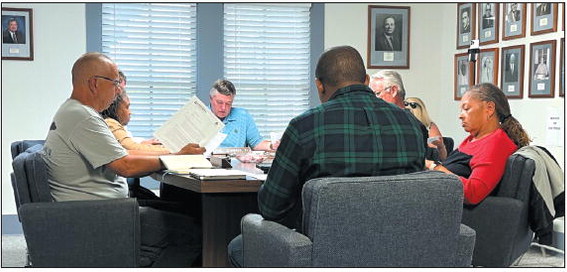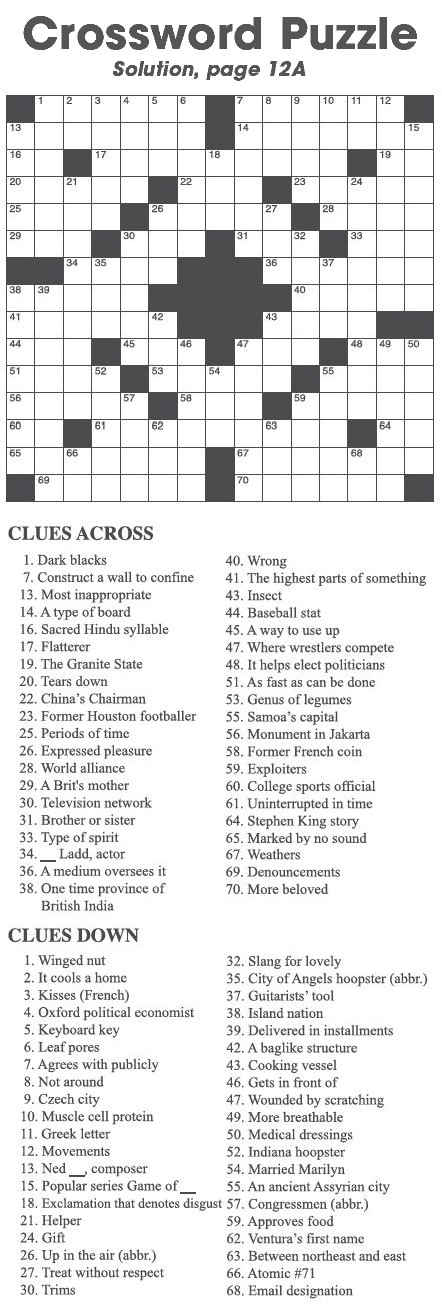continued from page her and ….
continued from page
her and wiping the inside of her mouth with damp swabs to provide some hydration. We kept vigil at her side and prepared for what the parade of hospice nurses referred to as “her transition.”
She had been unconscious for several days when late one night, as I grabbed my purse to go home, I turned and saw Margaret looking at me — eyes wide open.
“Hey,” I said somewhat startled.
“Hello, Amber,” she said.
My husband and I rushed to her side and held her hands.
“Are you thirsty?” my husband asked a moment later.
She nodded, and so he held a straw up to her lips and she managed to sip a little water. We looked in the mini refrigerator in her room and found some pudding cups. That night, I watched my husband feed his mother chocolate pudding, one loving spoonful at a time, like a mother feeding a baby oatmeal.
“How is it?” he asked. “Delicious,” she said with a smile.
For two hours, we talked with her, we laughed, and we cried a little, all the while wondering if all the talk about “the end of Margaret’s life” had been a terrible mistake. After a while, she told us she was tired and closed her eyes. She fell fast asleep, and we left and drove the hour home to our house with a million questions circling around in our minds.
The following day, Margaret had returned to her comatose state with no movement or interaction. The director and hospice nurse cautioned us not to get our hopes up, explaining that what we had been privileged to witness the night before was called “a rally.” I had never heard the term before that day.
We respected their knowledge and experience, but our brains couldn’t process it. We couldn’t believe them. My husband and I had seen Margaret wake up with our own eyes. She had talked with us and laughed with us. It seemed impossible that a dying person would suddenly “turn on” and then “turn off ” again.
But that is precisely what happened. Margaret died a few days later.
I’m glad Hospice Nurse Julie is making videos that will educate others about what to expect at the end of a loved one’s life. It’s hard to think about and consider such painful moments, but it is helpful to know and understand what could happen. Knowledge helps our minds prepare.
As for my mother-inlaw’s rally, I feel she gave us a gift that night — just one more fond memory and one final goodbye before she embarked on her solitary journey. And though it was difficult to understand and make sense of during that time, I am so grateful for that last night — for that “rally.”







NITTY GRITTY
Posted on